August 2, 2025 | 18:00 GMT +7
August 2, 2025 | 18:00 GMT +7
Hotline: 0913.378.918
August 2, 2025 | 18:00 GMT +7
Hotline: 0913.378.918
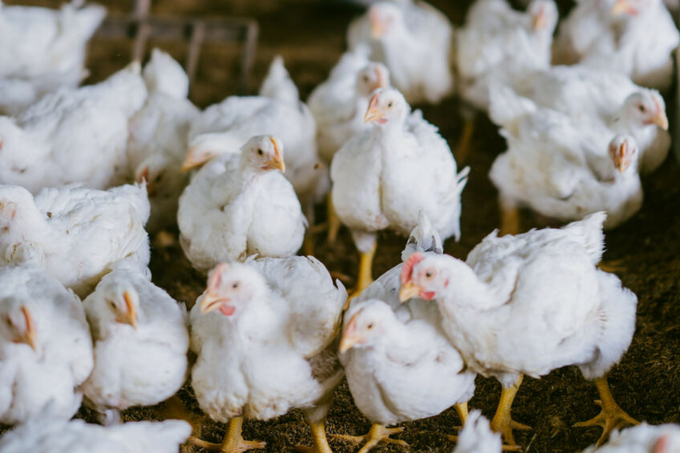
Many poultry stakeholders in India feel forced to use the antibiotics to tackle Mycoplasma. Many birds are therefore routinely given antibiotics at the start of production. Photo: Canva.
Many poultry stakeholders feel forced to use the antibiotics to tackle Mycoplasma, meaning birds are routinely given antibiotics at the start of production. The antibiotics, however, commonly belong to classes deemed critically important to human health (fluoroquinolones and macrolide antibiotics), which should never be routinely used in livestock production.
The findings follow new research from the UK’s Royal Veterinary College, in collaboration with the West Bengal University of Animal and Fishery Sciences (WBUAFS), which looked at antibiotic use in chicken farming in eastern India.
Antibiotics overuse during chicken production
Antibiotic resistance is a global challenge and if not controlled effectively, could have serious social and economic impacts globally. More than half of the world’s antibiotics are used in livestock production. With poultry now the main land-based livestock species being produced worldwide for meat, and a rapid rise in production in southeast Asia, there are growing concerns about the overuse of antibiotics during chicken production and its contribution to antibiotic resistance.
In a recent study – the first of its kind to use agency theory to examine antibiotic use in chickens – researchers at the RVC and WBUAFS set out to understand the decisions being made that lead to antibiotics being administered to chicks in India’s chicken farms.
Project lead Dr Mat Hennessey used an economic framework called ‘agency theory’ to look into antibiotic use decisions. The team interviewed 43 poultry stakeholders in Kolkata and the surrounding area of West Bengal, including farmers, poultry vets and specialists, government vets, poultry company employees and poultry dealers.
Companies dictate antibiotic use
Most poultry production in the region is carried out through contract farming, which is typical of India where 80% of chicken production is done in this way. Poultry companies supply small-scale farmers with inputs for production – chicks, feed and medicines, including antibiotics. Most antibiotic decisions are made by the companies rather than farmers and are based on the standard of infrastructure on the farm, weather and previous production experience.
Management of birds in the region also led to higher antibiotic use. Birds are often raised in housing open to the environment, meaning they experience high temperatures, humidity and potential exposure.
Hennessey, a post-doctoral researcher in social sciences at the RVC, said: “Our study into contract farming in West Bengal indicates that antibiotics remain a key strategy to reduce risk during production. While poultry companies reported an increased use of antibiotic alternatives there are many situations where this is not currently possible.”
He added that, give the dominance of contract farming in chicken production in India, corporations are well positioned to coordinate a strategy towards lowering antibiotic use. “However, these strategies should consider the wider infrastructural, institutional and political environment within which chicken production occurs to promote antibiotic use in socially responsible ways.”
“By working together, poultry companies, farmers and governments can play a key role in reducing antibiotic use in chicken and controlling resistance in humans and animals,” he added.
“By working together, poultry companies, farmers and governments can play a key role in reducing antibiotic use in chicken and controlling resistance in humans and animals.”
Biosecurity
Dr Indranil Samanta, head of the Department for Veterinary Microbiology at WBUAFS, added: “The biosecurity of contract poultry farms in West Bengal is often compromised, which results in antibiotic usage by contract companies. Instead, companies may invest in alternative methods to reduce antibiotic usage, such as different types of housing and management, and help to produce safe poultry products for society.”
The research was supported by the One Health Poultry Hub and the OASIS project (One Health Antibiotic Stewardship in Society) led by the London School of Hygiene and Tropical Medicine.
(PW)
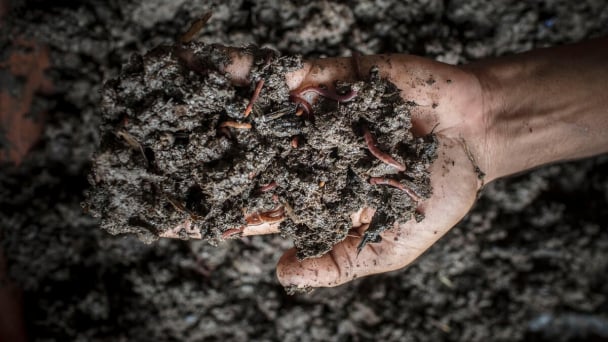
(VAN) FAO-led publication outlines structure and highlights agenda including new harmonized indicators and capacity building accessible to all.

(VAN) Energy group experts left after draft guidance on global warming plans ‘did not reflect the industry view’.
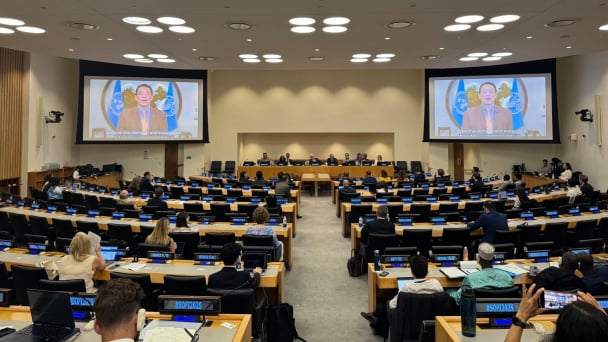
(VAN) Special Event in New York explores the causes, consequences and solutions to the 2021-2023 food price inflation.

(VAN) Ahead of Cop30, the Guardian will profile each of the top 10 emitters and their plans – good or bad – to tackle emissions.
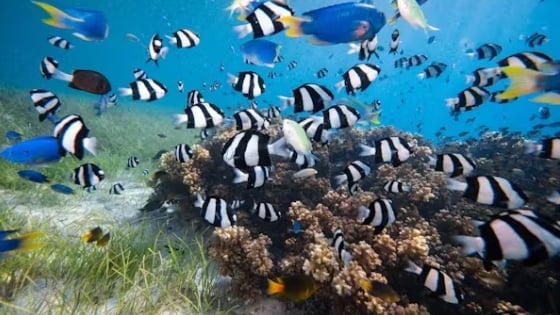
(VAN) Scientists have detected pesticides in rivers, lakes and oceans worldwide. So what are these pesticides doing to the fish?
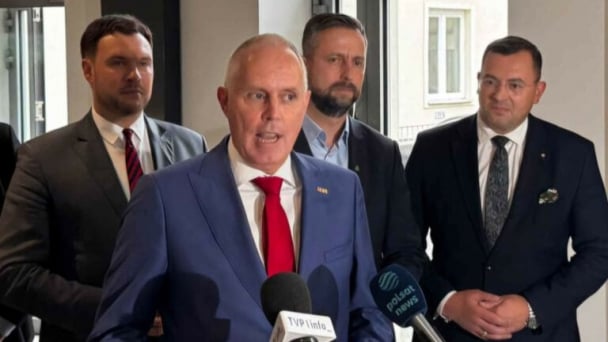
(VAN) Farmers’ organisations from across the European Union feel that the EU is undermining farmers throughout the Union and call for reason.
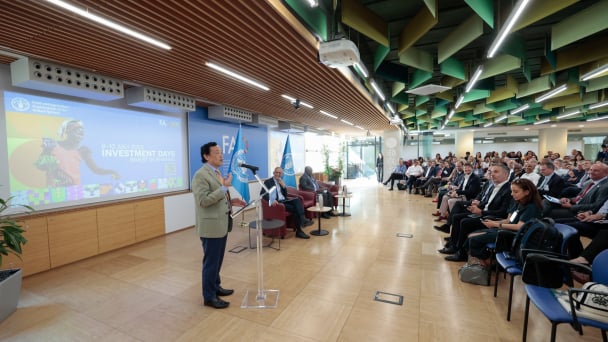
(VAN) Director-General urges bigger and deeper thinking to address youth employment challenge.